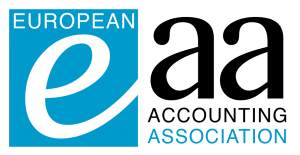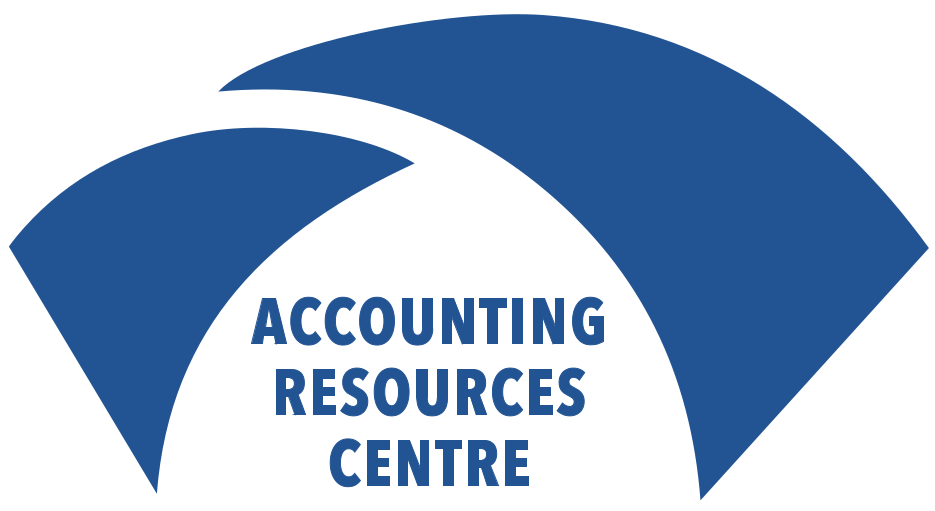CALL FOR PAPERS
THE MEDITERRANEAN ACCOUNTING CONFERENCE (TMAC 2026)
June 14–17, 2026, Minoa Palace Resort, Chania/Crete, Greece
CALL FOR PAPERS AND PARTICIPATION
THE MEDITERRANEAN ACCOUNTING CONFERENCE (TMAC 2026)
DATE: June 14 – 17, 2026
LOCATION: Minoa Palace Resort, Chania/Crete, Greece
SUBMISSION DEADLINE: January 15, 2026
WEBSITE: https://tmac2026.com/
Invited Speakers
Ronald A. Dye, Northwestern University
Wayne Landsman, University of North Carolina at Chapel Hill
Mohan Venkatachalam, Duke University
Joanna Wu, University of Rochester
Organizing Institutions
Tel Aviv University, Israel
University of Cyprus, Cyprus
Conference Objective
This conference seeks to bring together leading academics, researchers, and professionals to discuss the latest developments and innovative research in accounting and related fields.
Areas of Interest
We invite submissions in all areas of accounting and closely related fields.
Paper and Thesis Submission Guidelines
Please visit the submission system here, to submit your paper or working paper by January 15, 2026.
Registration Fee
Early registration (until March 15, 2026): €450
Late registration (from March 16, 2026): €550
PhD student early registration (until March 15, 2026): €250
PhD student late registration (from March 16, 2026): €300
The registration fee includes conference participation, welcome reception (June 14), boat trip or afternoon excursion with dinner (June 15), conference dinner (June 16), coffee break, lunches.
Accompanying persons may participate in social events for an additional fee.
Register here.
Important Dates
Paper submission deadline: January 15, 2026
Notification of decision: February 15, 2026
Venue
Minoa Palace Resort
730 14 Platanias
Chania, Greece
Scientific Committee
Aboody, David, University of California, Los Angeles
Amihud, Yakov, New York University
Amir, Eli, Tel Aviv University
Amiram, Dan, Tel Aviv University
Bar-Yosef, Sasson, The Hebrew University of Jerusalem
Bilinski, Pawel, City, University of London
Callen, Jeffrey, University of Toronto
Cascino, Stefano, London School of Economics and Political Science
Clatworthy, Mark, University of Bristol
Correia, Maria, London School of Economics and Political Science
Demers, Elizabeth, University of Waterloo
Drymiotes, George, Texas Christian University
Even-Tov, Omri, University of California, Berkeley
Garcia Lara, Juan, Charles III University of Madrid
Garcia Osma, Beatriz, Charles III University of Madrid
Gox, Robert, University of Zurich
Guttman, Ilan, New York University
Hemmer, Thomas, Rice University
Kartapanis, Antonis, Texas A&M University
Kasznik, Ron, Stanford University
Lambertides, Neofytos, Cyprus University of Technology
Larocque, Stephannie, University of Notre Dame
Lehavy, Reuven, University of Michigan
Lev, Baruch, New York University
Livnat, Joshua, New York University
Livne, Gilad, Queen Mary University of London
Loumioti, Maria, The University of Texas at Dallas
Michaeli, Beatrice, University of California, Los Angeles
Panaretou, Argyro, Lancaster University
Panayides, Marios, The University of Oklahoma
Pope, Peter, Bocconi University
Prencipe, Annalisa, Bocconi University
Ronen, Joshua, New York University
Rothenberg, Naomi, University of Alberta
Shakespeare, Cathy, University of Michigan
Shin, Jee-Eun, University of Toronto
Stolowy, Herve, HEC Paris
Vasvari, Florin, London Business School
Versano, Tsahi, Tel Aviv University
Vyas, Dushyant, University of Toronto
Wong, Franco, University of California Irvine
Xin, Baohua, University of Toronto
Yehuda, Nir, University of Delaware
Yoon, Aaron, Northwestern University
Zarowin, Paul, New York University
Ziv, Amir, Columbia University
Organizing Committee
Eti Einhorn, Tel Aviv University
Shai Levi, Tel Aviv University
Dan Weiss, Tel Aviv University
Andreas Charitou, University of Cyprus
Irene Karamanou, University of Cyprus

